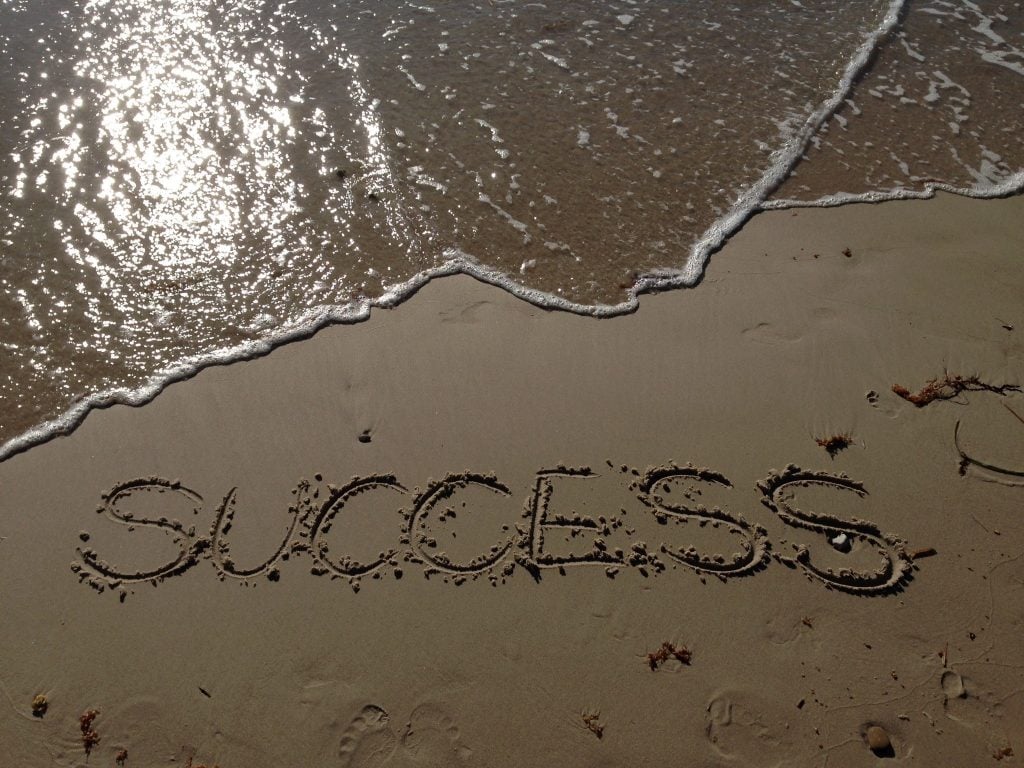Find your niche fast and enjoy greater results
Do you believe that everyone is a potential customer? Business owners can get stuck in this common trap when asked to describe their target segment because they believe everyone can benefit from their product/service. For example, everyone needs water to survive, right? However, we know some people drink tap water, while others drink filtered water, carbonated water, or bottled water. Some will even flavor their water since water is boring to them. A part of the reason why people buy comes down to the customer’s preferences and choices. For example, if you live in an area where the tap water is safe, and you have an active lifestyle, the choice may be heavily influenced by your environmental commitment and personal taste. Do you want to drink out of a bottle so you can just grab ‘n go? Perhaps you want fewer minerals in your water, so you use your refrigerator’s water dispenser (with a filter) to fill up your reusable water bottle before you leave your home. As you can see, not everyone is your target customer depending on which water-related product you sell. Your product’s benefits and value proposition matter most when they align with your customer’s needs. If you build it, they may not come; but that’s a blog for another day.
Okay, so you agree that not everyone is your ideal customer, but how about everyone in a particular group (gender, generation, location, etc.)? When I hear clients say that are targeting Millennials, I suggest they refine their target because it’s not a good idea to lump all Millennials together as they span a critical age range (23-38 years old in 2019) that represent different life stages. Think about the difference between Justin Timberlake and Justin Bieber; both are successful musicians and both are Millennials, but I’m not sure they have much more in common, and they appear to have different approaches in life and business. JT has been working in the entertainment business since he was 8 years old, first as a television star, and then at age 14 joining his first band, *NSYNC, before eventually going solo. He’s been married for 7 years, has a child, and works non-stop. If you’re a Belieber, you know the other Justin is 25 years old, got discovered on YouTube at age 12, built a bad-boy reputation for at least 5 years (which is almost half of his career), and is newly married. Yes, he did an incredible job marketing himself on YouTube, but he’s been known to do questionable things including not showing up for his fans and driving recklessly. I would be surprised to learn that they share the same values, goals, and preferences and therefore using the same marketing message to appeal to both Justin’s would not be effective.
If you are older than 38 and think about all of the changes you went through during those 15 years of life, I think you’ll see that there are many life transitions, stages, and milestones that shaped your decisions, priorities, needs and wants. Defining your niche segment, even at a particular point along their journey or a specific interest or combination of interests, opens up possibilities as you dive deep into your customer understanding, uncover insights, and address pain points. I work with companies that want to help guide customers through their journey, by using their expertise to provide a smoother experience.
A good marketing strategy matches the value of your product or service to your ideal customers’ pain points. Focusing your marketing message on that segment’s needs will help your message break through the clutter. After all, one of my goals is to help small business owners understand the importance of marketing strategy, find their target segments faster, create relevant messages, and enjoy greater results.
Do you know who your ideal segment includes? How specific is your niche? Do you have trouble finding your customers? Let’s talk and take your business to the next level.



